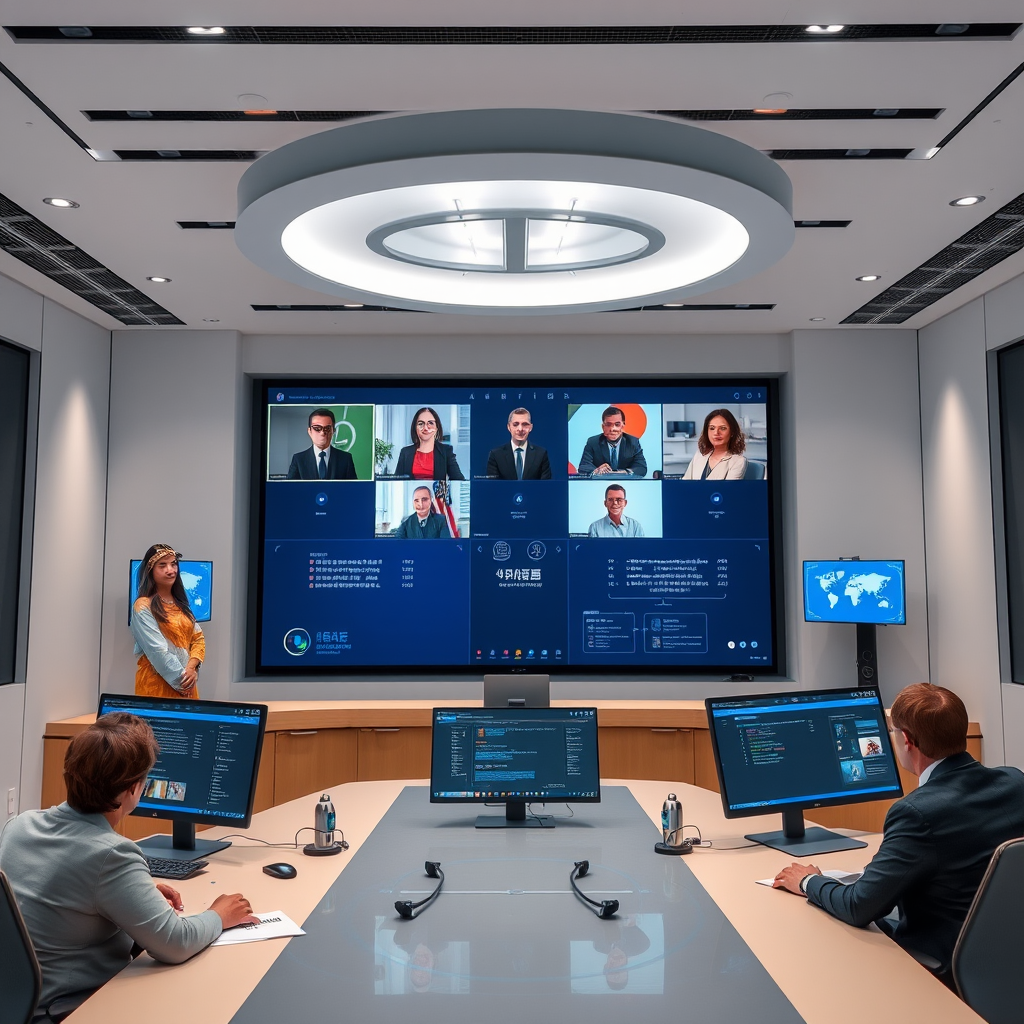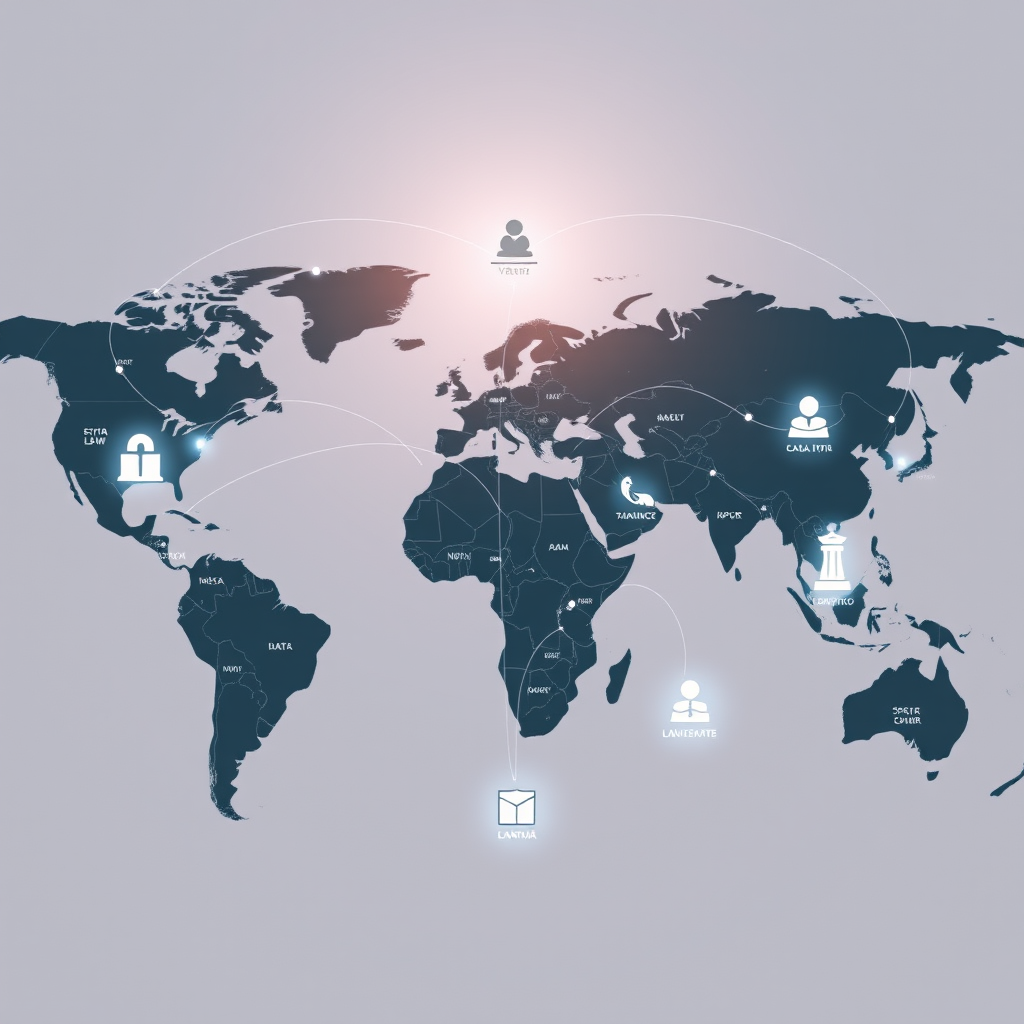Executive Summary
The landscape of international trade dispute resolution has undergone significant transformation in recent years, with modern arbitration methods revolutionizing how commercial law practices operate across borders. This comprehensive case study examines a complex multi-jurisdictional trade dispute that highlights the evolving nature of international commercial arbitration and its profound impact on global business relationships.
Background of the Dispute
In September 2024, a significant trade dispute emerged between Meridian Technologies Inc., a US-based software manufacturer, and European Distribution Alliance (EDA), a consortium of distributors across five European Union member states. The conflict centered on a $45 million licensing agreement that had been in effect since 2022, involving the distribution of specialized logistics software across European markets.
The dispute arose when EDA claimed that Meridian had violated exclusivity clauses by licensing similar technology to competing distributors in Germany and France. Simultaneously, Meridian alleged that EDA had failed to meet minimum sales targets specified in their agreement and had improperly modified the software without authorization, potentially compromising intellectual property rights.
Key Legal Issues Identified
- Breach of exclusivity provisions under international licensing law
- Intellectual property rights violations across multiple jurisdictions
- Performance standards and penalty clauses enforcement
- Currency fluctuation impact on contractual obligations
- Cross-border regulatory compliance requirements
Traditional vs. Modern Arbitration Approaches
Historically, international trade disputes of this complexity would have required lengthy litigation processes in multiple jurisdictions, potentially taking years to resolve and costing millions in legal fees. The traditional approach often involved:
- Separate court proceedings in each affected jurisdiction
- Conflicting judgments due to varying national laws
- Extended discovery processes across different legal systems
- Language barriers and translation requirements
- Enforcement challenges across international borders

However, this case utilized cutting-edge arbitration methodologies that have emerged as game-changers in international commercial law. The parties agreed to resolve their dispute through the International Commercial Arbitration Center (ICAC), employing innovative digital arbitration platforms and AI-assisted case management systems.
Revolutionary Arbitration Methods Employed
1. Virtual Reality Arbitration Sessions
For the first time in international trade law, this case incorporated virtual reality technology to conduct immersive arbitration sessions. Lawyers and arbitrators from different continents participated in realistic virtual courtrooms, enabling face-to-face interaction without the costs and delays associated with international travel.
2. AI-Powered Document Analysis
Advanced artificial intelligence systems analyzed over 50,000 pages of contracts, correspondence, and technical documentation in multiple languages. This technology identified key patterns, inconsistencies, and relevant precedents that would have taken human lawyers months to discover, reducing the discovery phase from an estimated 18 months to just 6 weeks.
3. Blockchain-Based Evidence Management
All evidence and documentation were stored on a secure blockchain platform, ensuring immutable records and preventing tampering. This innovation addressed long-standing concerns about document authenticity in international disputes and provided unprecedented transparency throughout the arbitration process.
4. Real-Time Multi-Language Processing
Sophisticated translation algorithms provided instant, accurate translations of all proceedings, documents, and communications. This eliminated language barriers that traditionally complicated international arbitration and ensured all parties had equal access to information regardless of their native language.
Case Resolution and Outcomes
The arbitration process, which began in October 2024, reached a comprehensive resolution by November 2024 – a remarkably swift timeline for such a complex international dispute. The three-arbitrator panel, consisting of experts from the United States, Germany, and Singapore, delivered a nuanced decision that addressed all major issues raised by both parties.
Financial Resolution
Meridian was ordered to pay $8.2 million in damages for exclusivity violations, while EDA was required to pay $3.1 million for software modifications and missed sales targets.
Operational Changes
Both parties agreed to implement new compliance monitoring systems and establish quarterly review processes to prevent similar disputes in the future.
Perhaps most significantly, the arbitrators established new precedents for handling intellectual property disputes in multi-jurisdictional licensing agreements. Their decision included detailed guidelines for exclusivity clause interpretation and performance standard enforcement that will influence international commercial law for years to come.
Impact on Commercial Law Practices
This case has catalyzed significant changes in how law firms and corporate legal departments approach international trade disputes. The success of modern arbitration methods has led to widespread adoption of similar technologies and processes across the legal industry.
Efficiency Gains
The total cost of arbitration was approximately 60% lower than traditional litigation would have been, while the resolution time was reduced by an estimated 75%. These dramatic improvements have made international arbitration more accessible to medium-sized businesses that previously couldn't afford complex cross-border legal proceedings.
Enhanced Accuracy
AI-assisted analysis eliminated human error in document review and identified subtle legal issues that might have been overlooked in traditional proceedings. The blockchain evidence management system provided unprecedented security and transparency, increasing confidence in the arbitration process among all stakeholders.

Standardization of Practices
The case has contributed to the development of standardized protocols for international commercial arbitration, making it easier for lawyers worldwide to collaborate on cross-border disputes. Legal education programs are now incorporating these new methodologies into their curricula, preparing the next generation of lawyers for the digital transformation of international law.
Future Implications for International Law
The success of this case study demonstrates that modern arbitration methods are not just theoretical improvements but practical solutions that deliver tangible benefits to businesses and legal practitioners. As these technologies continue to evolve, we can expect even more dramatic changes in how international trade disputes are resolved.
Legal experts predict that within the next five years, traditional litigation for international commercial disputes will become increasingly rare, replaced by sophisticated arbitration systems that combine human expertise with advanced technology. This transformation promises to make international trade more accessible and secure for businesses of all sizes, ultimately fostering greater global economic cooperation.
Key Takeaways for Legal Practitioners
- Embrace technological innovations in arbitration and dispute resolution
- Develop expertise in virtual reality and AI-assisted legal processes
- Understand blockchain technology's applications in evidence management
- Prepare for increased demand for rapid international dispute resolution
- Focus on collaborative approaches that transcend traditional jurisdictional boundaries
Conclusion
The Meridian Technologies vs. European Distribution Alliance case represents a watershed moment in international commercial law. By successfully implementing cutting-edge arbitration methods, this dispute resolution process has demonstrated that the legal profession can adapt to technological advancement while maintaining the highest standards of justice and fairness.
As lawyers and legal institutions worldwide study this case, its influence will undoubtedly shape the future of international trade dispute resolution. The combination of efficiency, accuracy, and accessibility achieved through modern arbitration methods offers a compelling vision for the future of global commercial law – one where geographical boundaries no longer impede the swift and fair resolution of complex business disputes.
For legal practitioners, this case study serves as both an inspiration and a call to action. The legal profession must continue to embrace innovation while preserving the fundamental principles of justice that form the foundation of our legal systems. Only by doing so can we ensure that law remains relevant and effective in an increasingly interconnected global economy.
